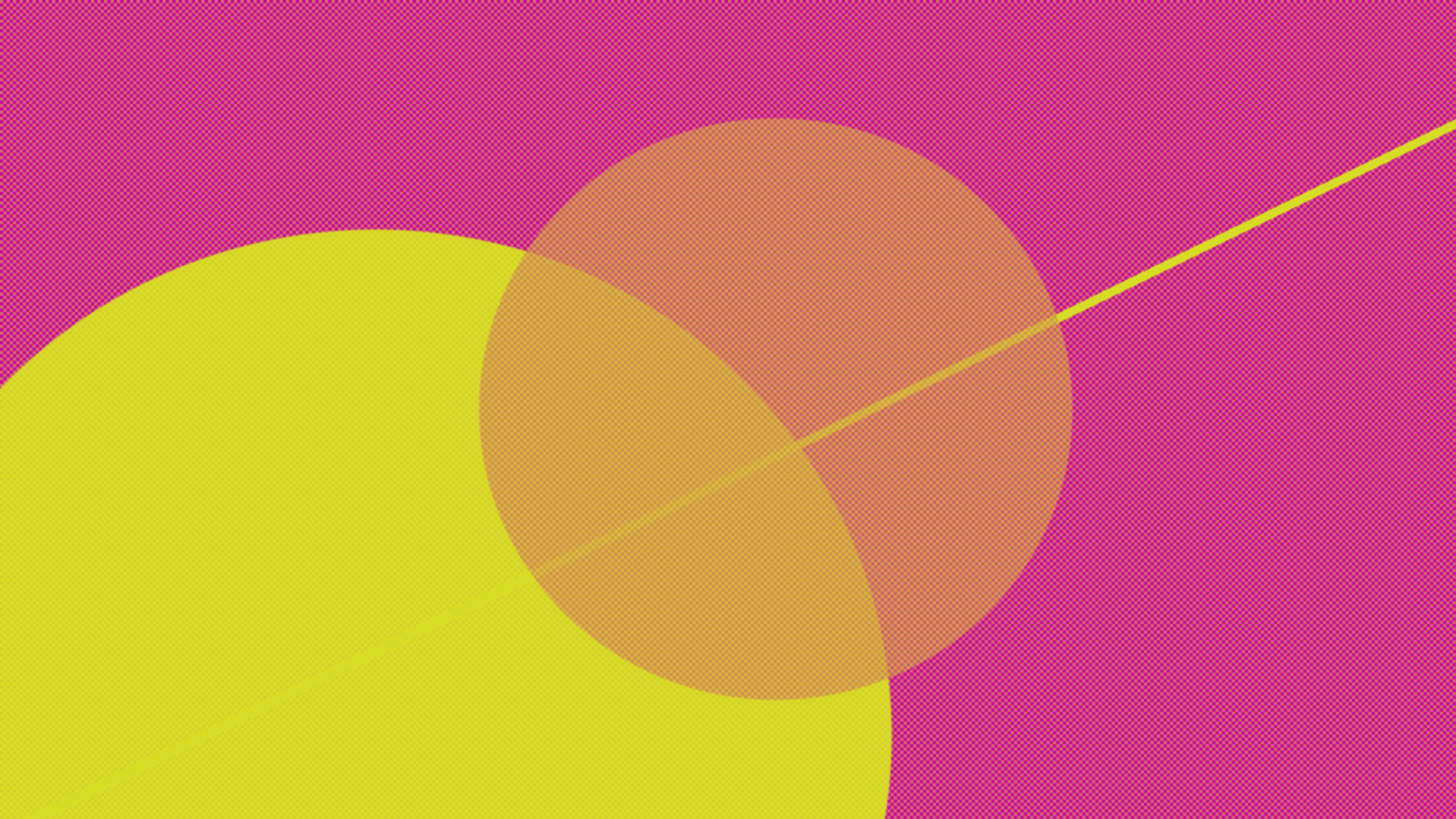Productive Research Doesn’t Happen in a Bubble
PLOS welcomes our Neuroscience Community Site Editor, Emilie Reas, who will be the primary point of contact for community activities, both online and offline. Here is her introductory post with biographical and contact information following.
WEEK 1 AS YOUR PLOS NEURO COMMUNITY EDITOR
by Emilie Reas
It’s true…productive research doesn’t happen in a bubble. Rather, scientific advances rely critically on collaboration and the open exchange of ideas among scientists. Over the past several years, the growth of online media is making such interactions all the easier, and has dramatically altered the ways in which scientists communicate. Beyond lab meetings and conferences, we are now tweeting, blogging and YouTubing our research and discussions. Committed to promoting open scientific communication, PLOS is actively embracing this movement and recently launched a Neuroscience-specific online community aimed at further expanding and centralizing this collaborative discussion.
OUR VISION
 As your newly appointed PLOS Neuroscience Community editor, I’d like to extend a warm welcome and encourage you to become personally involved in the site. We have developed the PLOS Neuroscience Community with the intention that it becomes a venue for your active participation in helping to integrate the sometimes disjointed parallel streams of science communication. As the real scientists working in the trenches – or at the benches – there is no one better equipped to mold the state of Neuroscience than you. With the rapidly changing scientific environment, the need for open lines of discussion is more pressing than ever. We hope this site will provide such an outlet. We invite you to use it to highlight Neuroscience research that you find particularly important or influential, voice your concerns about the field, and ultimately, become proactive in directing the future of Neuroscience.
As your newly appointed PLOS Neuroscience Community editor, I’d like to extend a warm welcome and encourage you to become personally involved in the site. We have developed the PLOS Neuroscience Community with the intention that it becomes a venue for your active participation in helping to integrate the sometimes disjointed parallel streams of science communication. As the real scientists working in the trenches – or at the benches – there is no one better equipped to mold the state of Neuroscience than you. With the rapidly changing scientific environment, the need for open lines of discussion is more pressing than ever. We hope this site will provide such an outlet. We invite you to use it to highlight Neuroscience research that you find particularly important or influential, voice your concerns about the field, and ultimately, become proactive in directing the future of Neuroscience.
HOW YOU CAN GET INVOLVED
1. Join the discussion. This site will stream reviews and commentary on emerging Neuroscience research, interviews with influential scientists and mentors, and announcements of Neuroscience-related news. As your voice will be a critical element to the community’s success, we hope you will contribute to the discussion by commenting on blog posts, tweeting your thoughts and participating in interactive events.
2. Stay connected. Sign up to receive email alerts, which you’ll receive no more than twice monthly. We’d like to make it easier for you to stay on top of important developments in the field by delivering community highlights directly to your inbox. You can also receive the latest updates by following us on Twitter at @PLOSNeuro.
3. Discover significant research. PLOS recently launched its Neuroscience Collection, which will serve as a centralized repository of the most significant Neuroscience articles from its various journals since 2012. Together, the PLOS Neuroscience Collection and Community will work complementarily, with the community site highlighting select collection papers. The collection will be organized into subdisciplines, and further into subsections to help researchers filter articles based on their targeted interests. The first two categories include Cognitive Neuroscience and Brain Mapping Methods, with more to be compiled in the near future. We invite you to help refine this collection by submitting your own choices for influential articles, by suggesting other Collection categories, and by sharing your thoughts on featured papers through the community site.
4. Contribute. The site will integrate content from both PLOS editors and contributors from the broader neuroscience community. Do you have a suggestion for a blog post, or would you like to write one yourself? Would you like to interview an influential neuroscientist or feature an inspiring mentor? The site is intended both to serve and be shaped by neuroscientists, so please, feel free to share your thoughts openly and creatively, on the topic and in the form of your choosing. We’re eager to see how your suggestions and contributions will drive the site’s evolution, so don’t hesitate to get in touch!
5. Support your colleagues. We envision the PLOS Neuroscience Community as a welcoming environment in which free, constructive communication will promote positive scientific exchanges. To this end, we encourage you to share your thoughts openly and honestly, but request that you remain respectful and professional in your discussions. We’ve compiled some general etiquette guidelines to help ensure that the site remains a supportive environment, in which overly critical, competitive or negative sentiments are kept to a minimum.
6. Give us your feedback. This site will be a living entity, dynamically shaped by the voice of the Neuroscience community. As the current version is still in beta form, we are relying on your input to ensure that it best meets your needs. Please, contact us with your suggestions for how to improve the site, expand the discussion and connect with colleagues. What is your vision for the PLOS Neuroscience Community? Let us know!
Emilie Reas received her PhD in Neuroscience from UC San Diego, where she used fMRI to study memory. As a postdoc at UCSD, she currently studies how the brain changes with aging and disease. In addition to her tweets for @PLOSNeuro she is @etreas.

